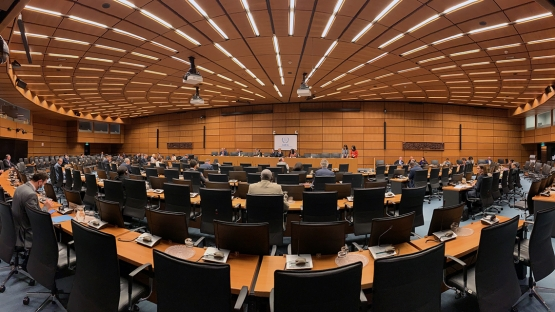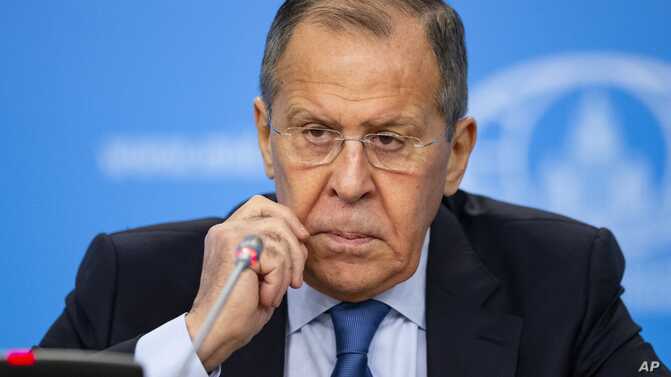The International Atomic Energy Agency (IAEA), the UN’s nuclear watchdog agency, has come into conflict with Tehran over the latter’s steadfast opposition to international inspection at two suspected former nuclear sites.
On June 19, the 35-member Board of Governors adopted a resolution calling upon Iran to allow the agency to inspect two locations that are suspected to have housed nuclear development projects in the past.
The IAEA’s director-general, Mariano Grossi, argued that Tehran has been obstructing the agency’s mission in the country since as far back as 2019. Moreover, Grossi claims that for several months, Iran has barred inspectors from two sites altogether.
Grossi told the board on June 15 that “Iran has denied us access to two locations and that, for almost a year, it has not engaged in substantive discussions to clarify our questions related to possible undeclared nuclear material and nuclear-related activities.”.
In light of these allegations, a coalition of three countries—the United Kingdom, Germany, and France—sponsored the resolution and called upon Iran to “fully cooperate with the Agency and satisfy the Agency’s requests without any further delay, including by providing prompt access to the locations specified by the Agency.”
The resolution passed with an overwhelming majority, the final tally for the vote being 25 to two with seven abstentions. Opposed to the resolution were Iran’s close allies Russia and China, while the neutral South Africa, India, Pakistan, Thailand, Mongolia, Azerbaijan, and Niger abstained.
A ticking clock
Although the resolution focused on addressing two suspected nuclear sites in particular, the IAEA also discussed a third site which has already been destroyed. The agency invoked this to argue that Tehran is capable of hiding evidence of nuclear activities if given the time to do so.
At all three of the sites inaccessible to the IAEA, Iranian officials have allegedly launched a campaign of “extensive sanitisation,” designed to conceal evidence of any past activities.
At the now-destroyed site, the IAEA testified that Iran conducted “extensive sanitisation and levelling” as early as 2003 or 2004. As a result, there is no evidence or meaningful data available for collection.
Since then, reports have alleged that Iran continues to attempt to replicate the successful sanitisation in order to erase evidence of nuclear development at the other two sites. This has been disputed by Russia, China, and Iran have disputed the claim, but the IAEA has maintained its position.
At the remaining sites, the IAEA has testified that santisation efforts are already underway. One of the two locations was partially demolished in 2004 and the other was recorded to have activities “consistent with efforts to sanitise” from as early as July 2019.
A “proportional reaction”
Tehran has defended itself, alleging that an ill-intentioned Israel was the source of these “sanitisation” claims. Abbas Mousavi, a spokesperson for the Iranian foreign ministry, further argued that Israeli officials learned of these sanitisation operations through espionage, and that evidence is decades-old and worthless.
Mousavi also threatened a “proportional reaction” in response to any provocative actions by the IAEA.
Washington backed the resolution but also called for stronger language against Iran, once again displaying an increasing belligerence against Iran under the Trump administration.
“The IAEA has confirmed Iran is denying access to two of its past nuclear sites,” US Secretary of State Mike Pompeo said on Twitter on June 16. “This unprecedented obstruction is deeply concerning and unacceptable.”
Recently, the United States has been pressuring its European allies to support an extension to the UN arms embargo against Iran. Set to expire in October, the arms embargo was one of many conditions addressed in the original nuclear deal between the US and Iran. Citing the increase of violence by Iranian-backed militias in the Middle East, Washington still contends that Iran is a threat, and is likely to use this resolution as further evidence.


